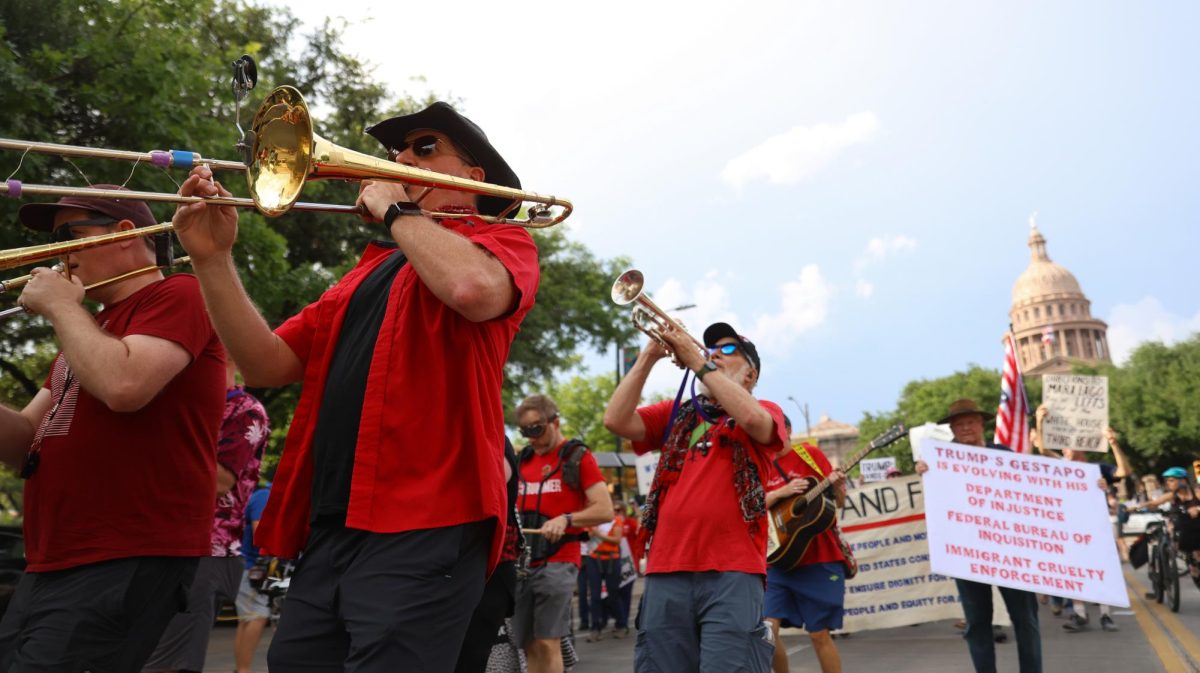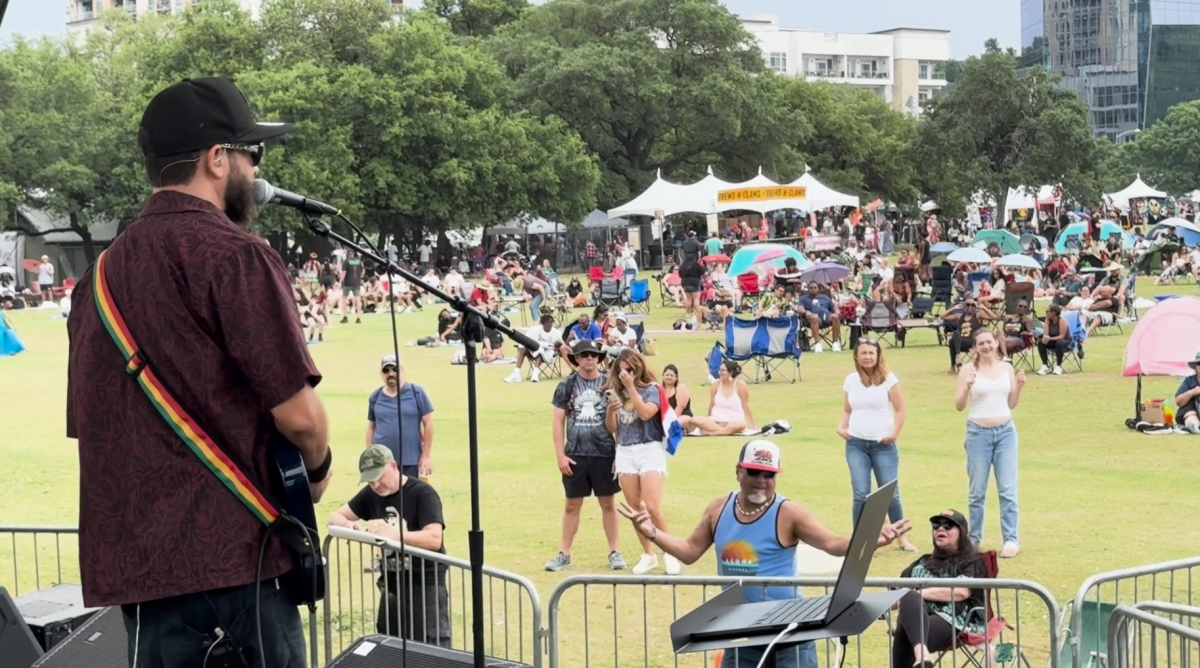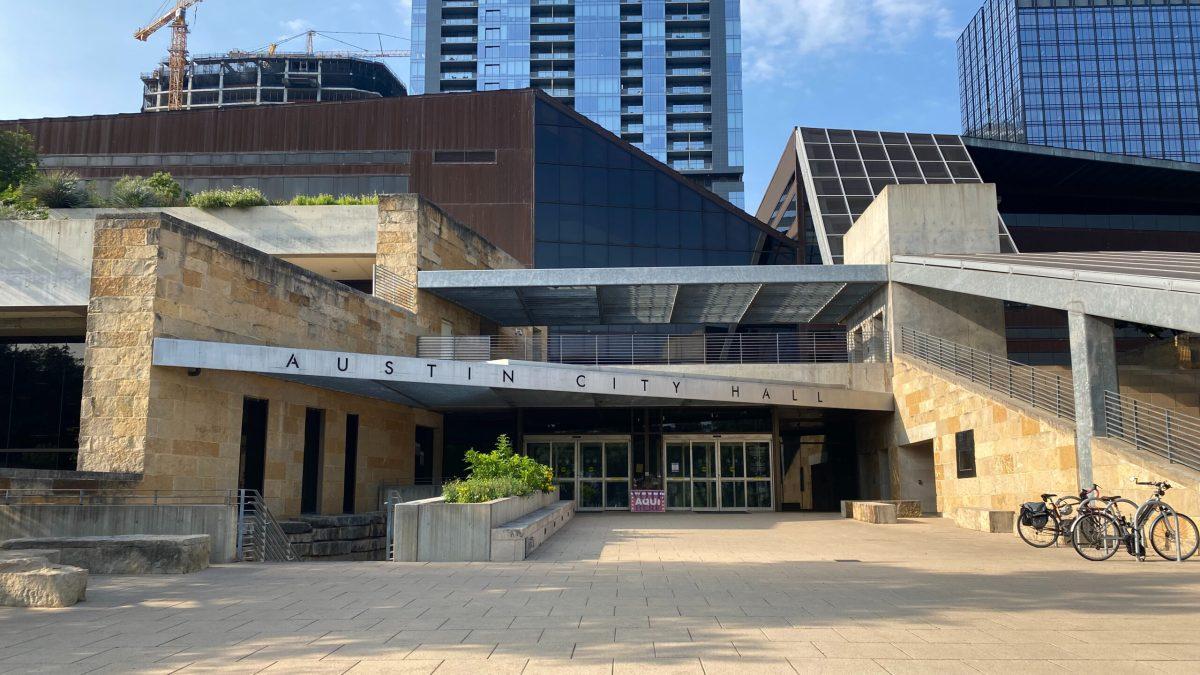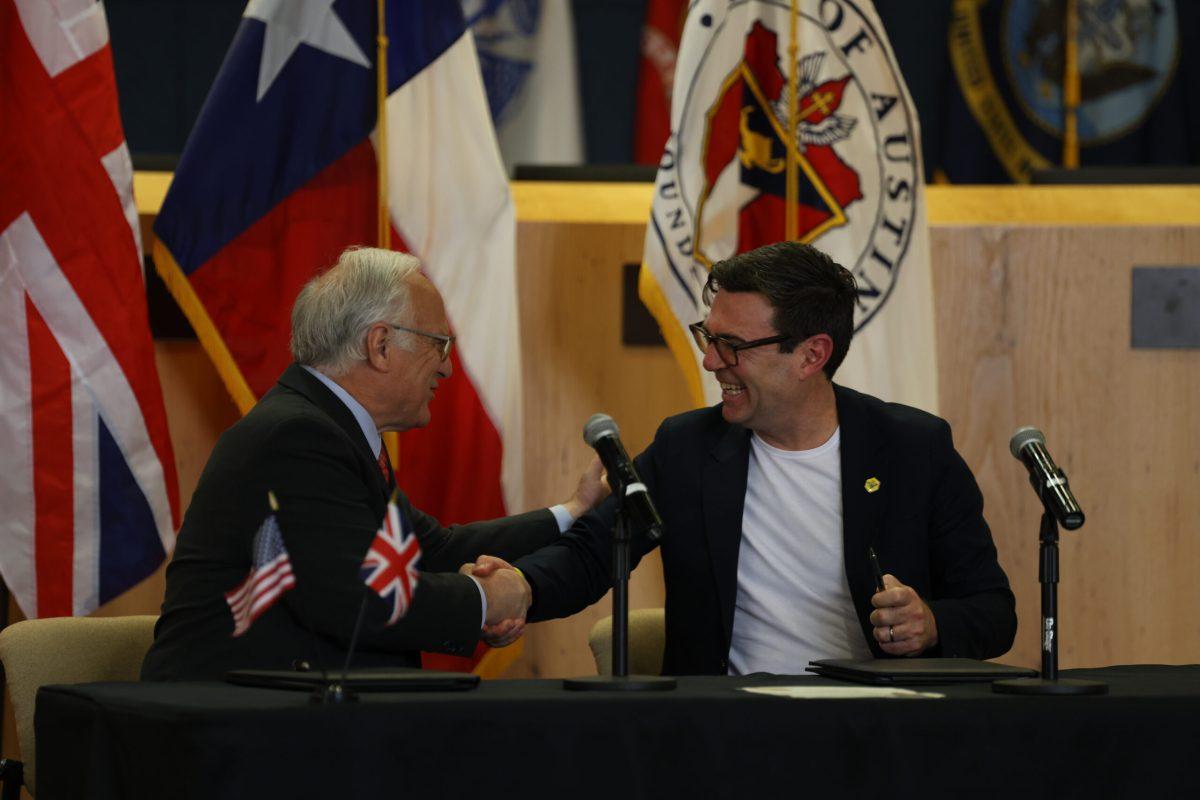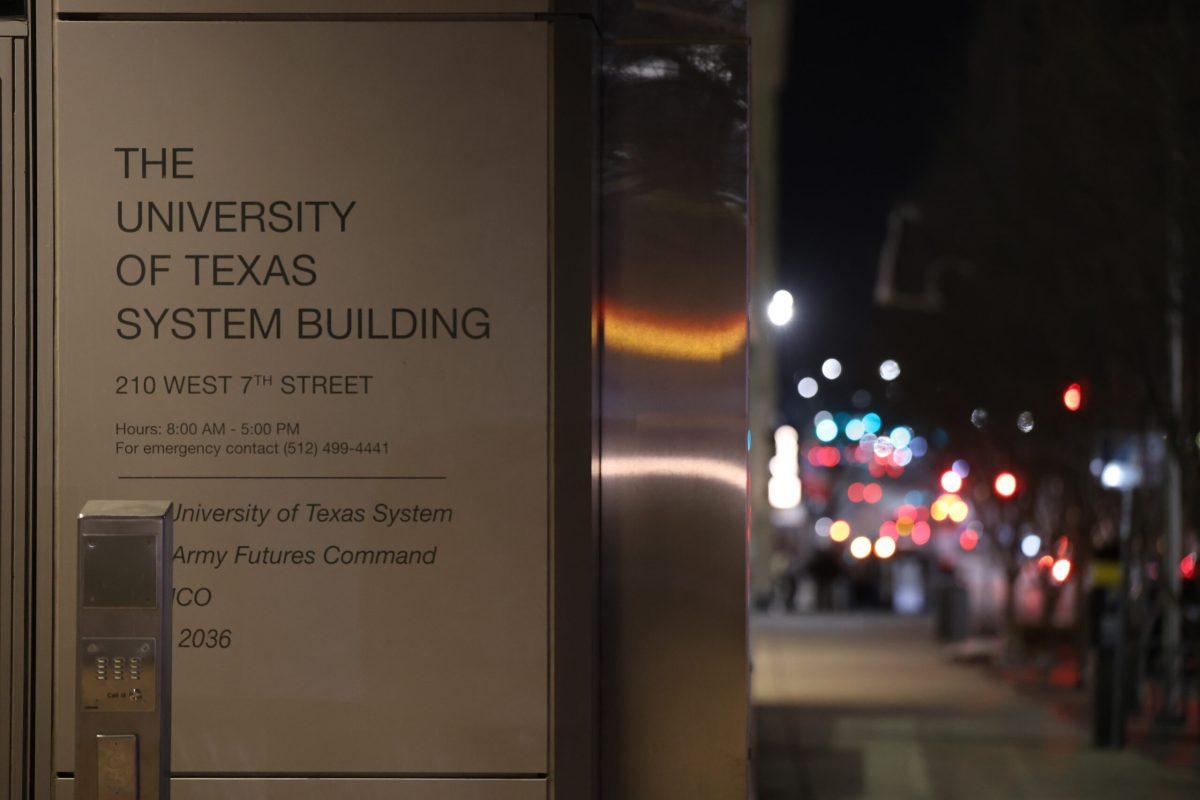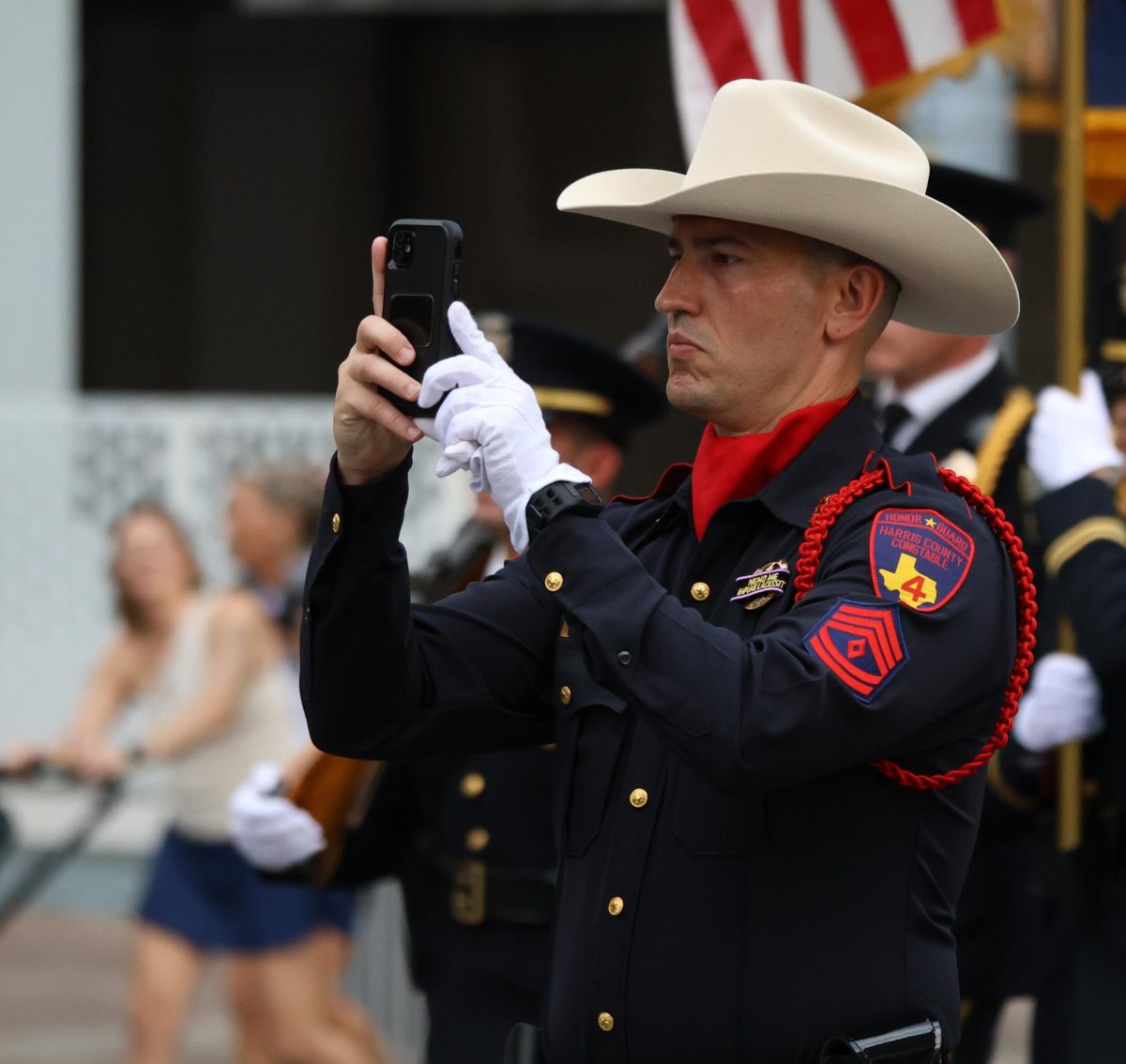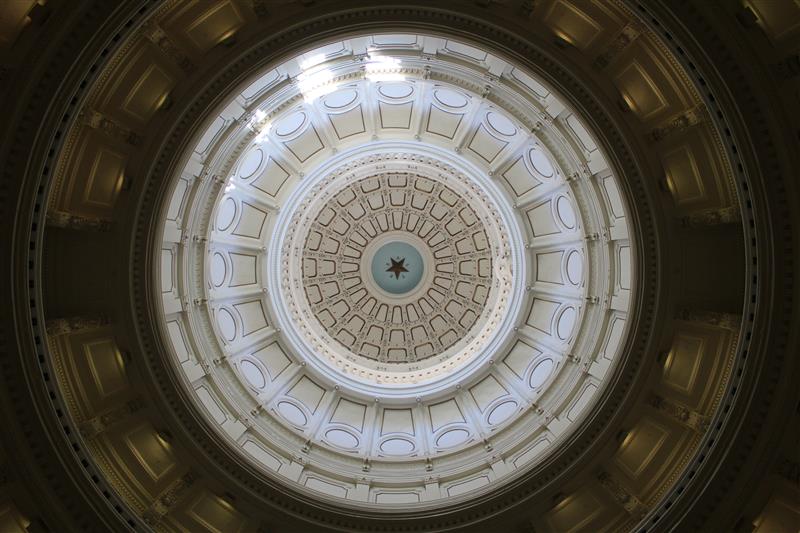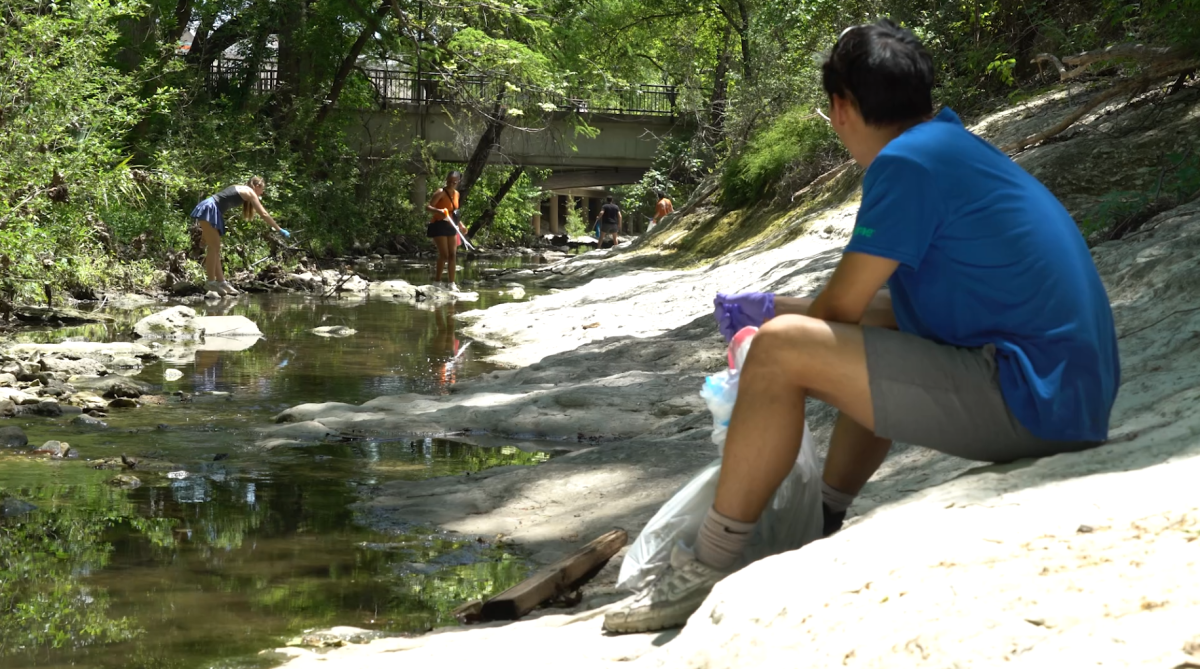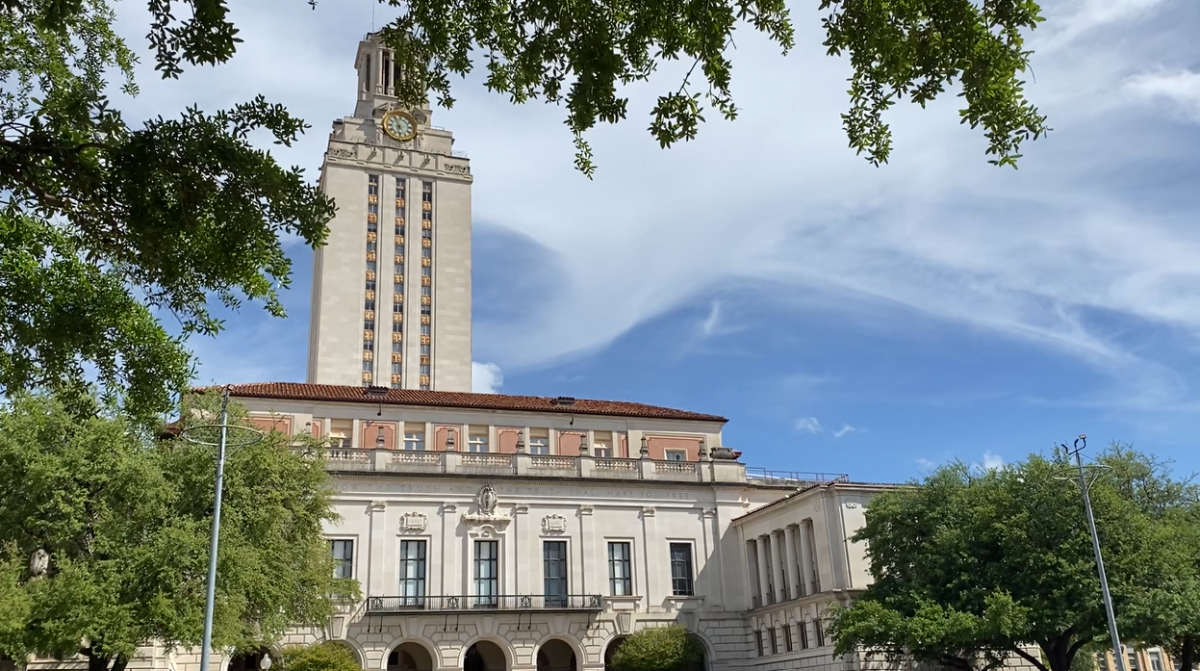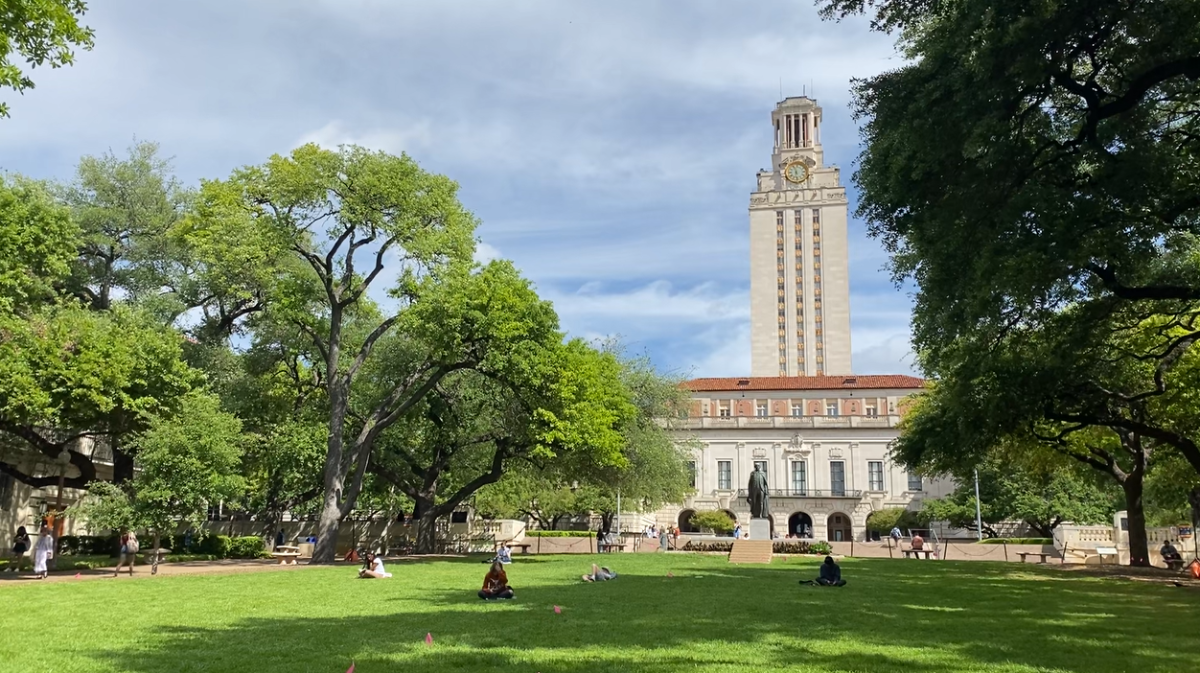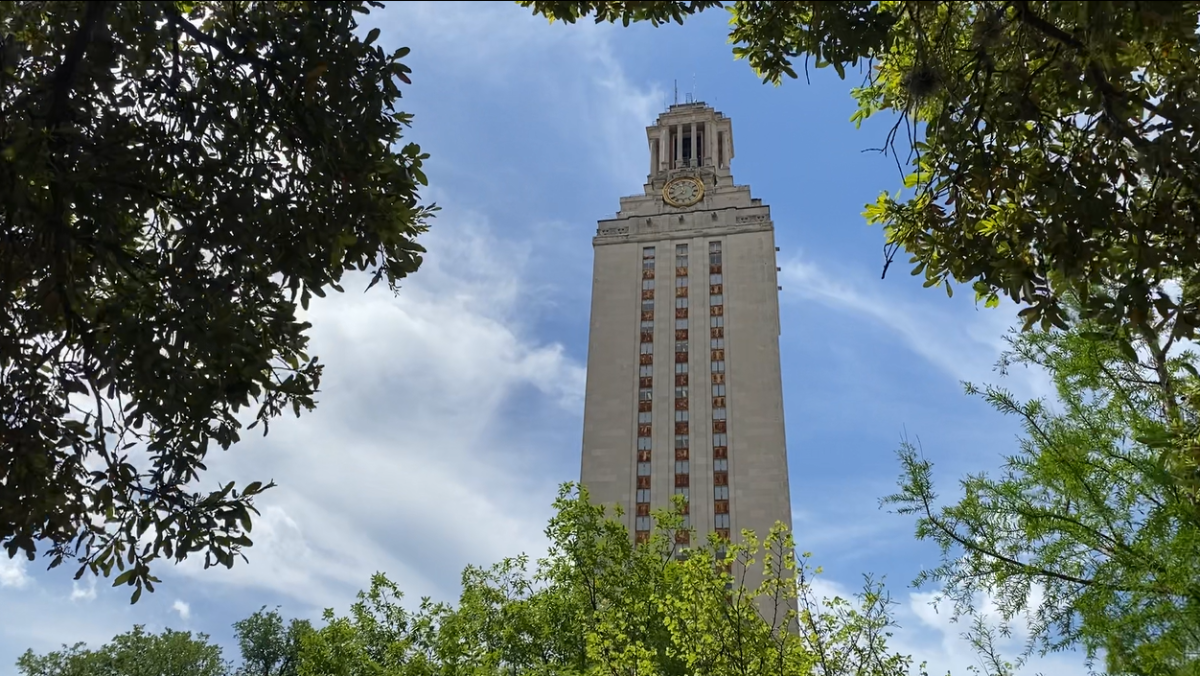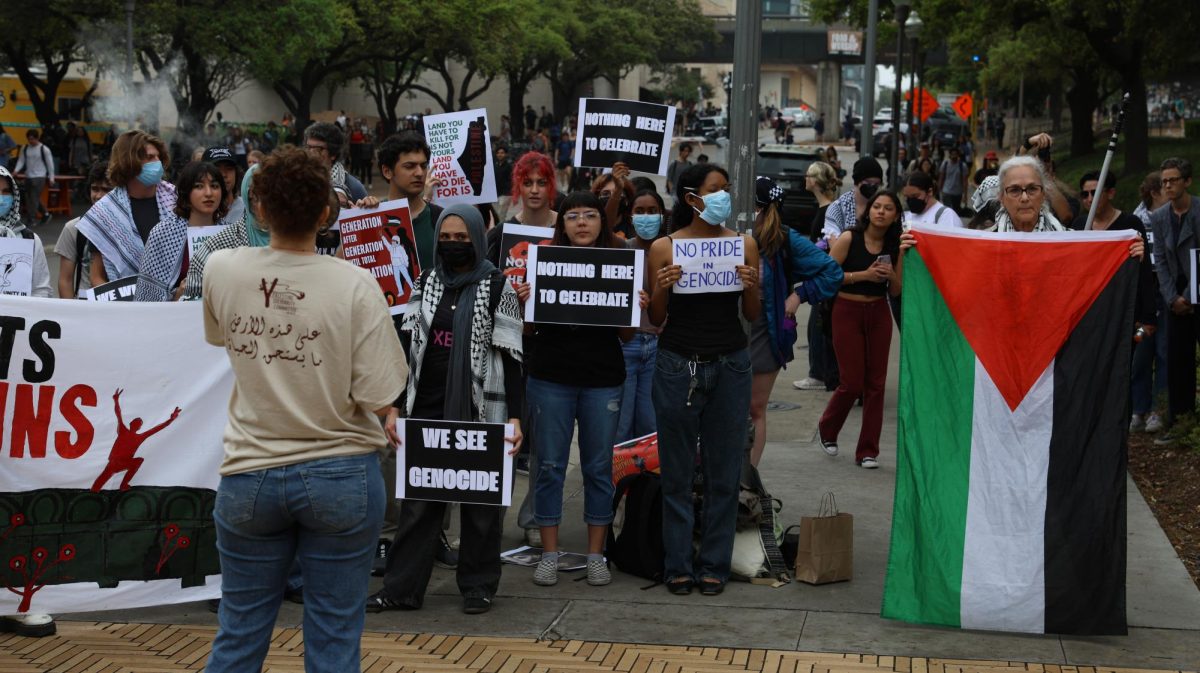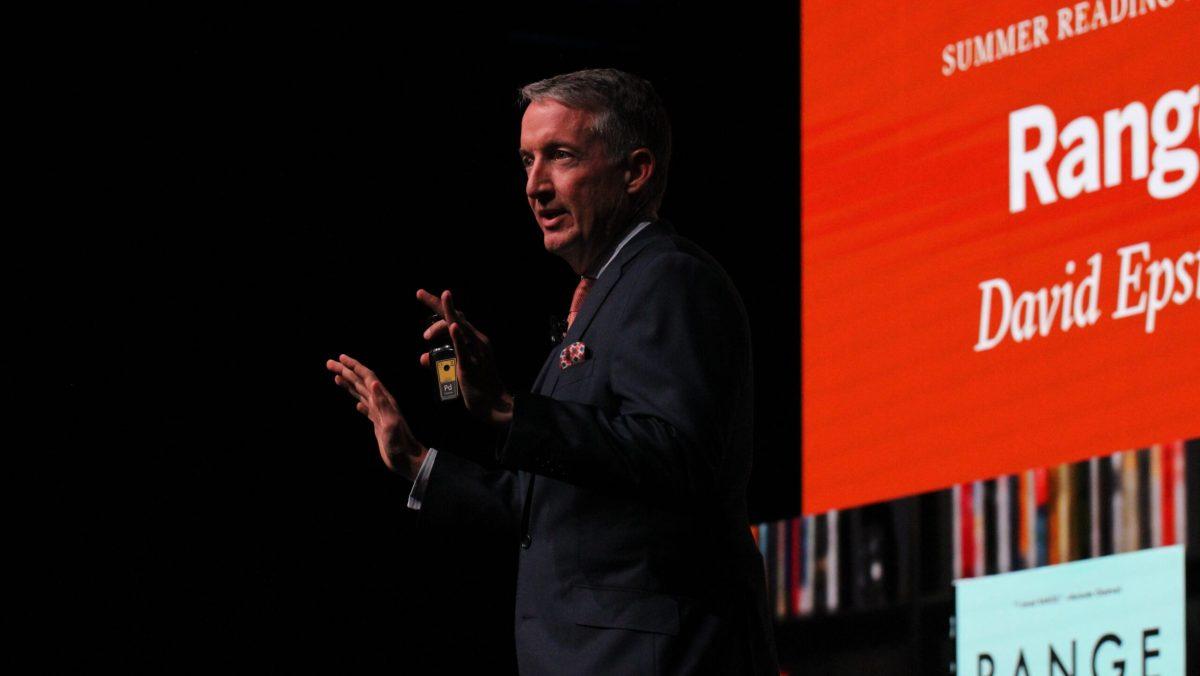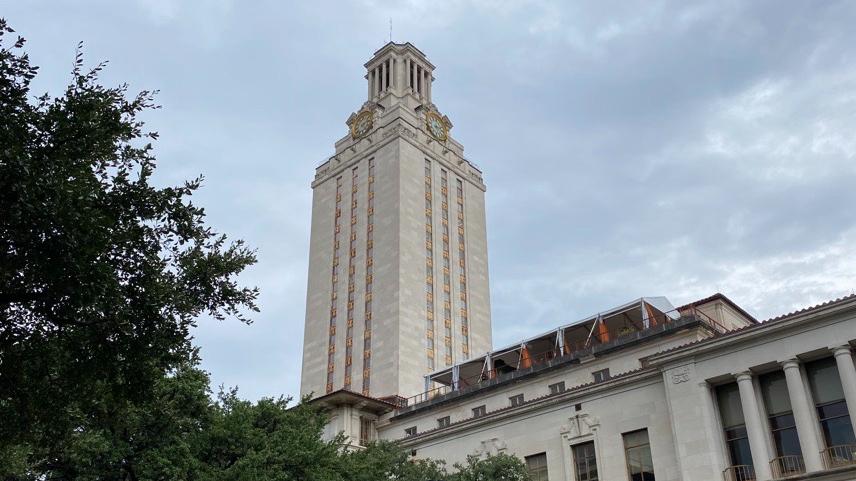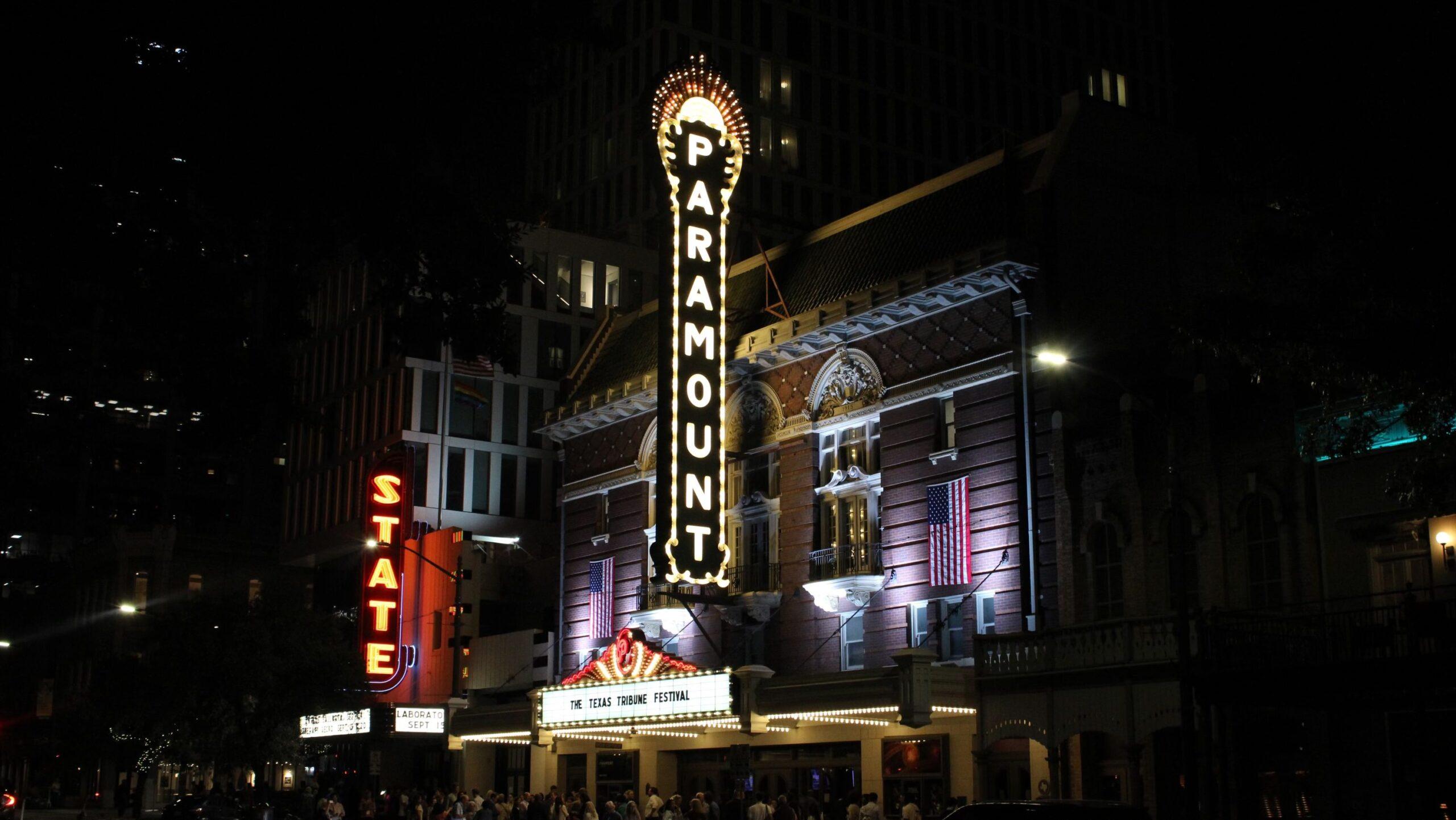
The emerging intersection of American politics and religion was discussed at a panel at the 2024 Texas Tribune Festival Saturday, moderated by Tribune democracy reporter Robert Downden.
Panel participants included Anthea Butler, professor of religion at the University of Pennsylvania; Eric McDaniel, associate professor of government and co-director of the Race and Ethnicity Lab at UT Austin and Texas State Rep. James Talarico.
The panel discussed the increase in Christian nationalism, its role in political campaigns and its impact on everyday life for Americans — including restrictions on reproductive care, education and border policies.
“My first day in office, I put my hand on the Bible and I swore an oath to the Constitution, not the other way around,” Talarico said. “I’m a Christian, but I know that the most dangerous form of government is theocracy, because the only thing worse than a tyrant is a tyrant who thinks they’re on a mission from God.”
Butler, author of “White Evangelical Racism: The Politics of Morality in America,” spoke about the growing commercialization of religion and alluded to the campaign strategy of former President Donald Trump — including selling Bibles and other fundraising tactics.
“(Trump)’s a political evangelist who has learned how to do this from the best of the religious right, and that’s what he has gained, his money and the ways in which he does his campaigning,” Butler said.
Butler touched on Christian nationalism centered around white, Anglo-Saxon Protestant males.
McDaniel added that Christian nationalism has existed since the founding of the country, noting religious references in the United States Pledge of allegiance.
“This has been going on for a very long time,” McDaniel said. “It was expanded upon when it was us versus the ‘godless communist,’ and then we see this coming out of 9/11 and there’s a reason why they kept referring to President (Barack) Obama as a Muslim. You could not attack him for being black, so you say he’s a Muslim, already racializing Muslims, as if they are an ‘other.’”
Butler said she’s seen a declining shift in interest in religion, as both a professor of religion and religious person herself. She cited different organizations, such as the Public Religion Research Institute, that found Americans have become less religious.
“Less religion is about the fact that religion has been toxic in this country, and it is toxic politically and socially,” Butler said. “The people who are screaming the most about their religion right now, it’s about political and social power. It is not about ‘I love Jesus.’”
Talarico criticized religious stances opposed to abortion and homosexuality, and the recent move by the Texas Education Agency to incorporate Christian Bible stories into elementary school reading curriculum.
“As a former teacher and now as a seminarian, there is a difference between preaching and teaching, and this current curriculum is not teaching in an academic way,” Talarico said. “It is preaching in a devotional way and, at least for someone who loves the church, who loves my faith, we have places to do that.”
Talarico, Butler and McDaniel emphasized their support for a clear division of church and state, but also called for a change within the church.
“When I open my Bible, I don’t see many verses about abortion, but I see more than 2,000 verses about economic justice,” Talarico said. “I don’t see any verses about gay marriage, but I’ve seen hundreds of verses about welcoming the stranger, feeding the hungry, healing the sick, freeing the oppressed. I’m not advocating for a progressive Christianity, I’m advocating for a biblical Christianity.”

